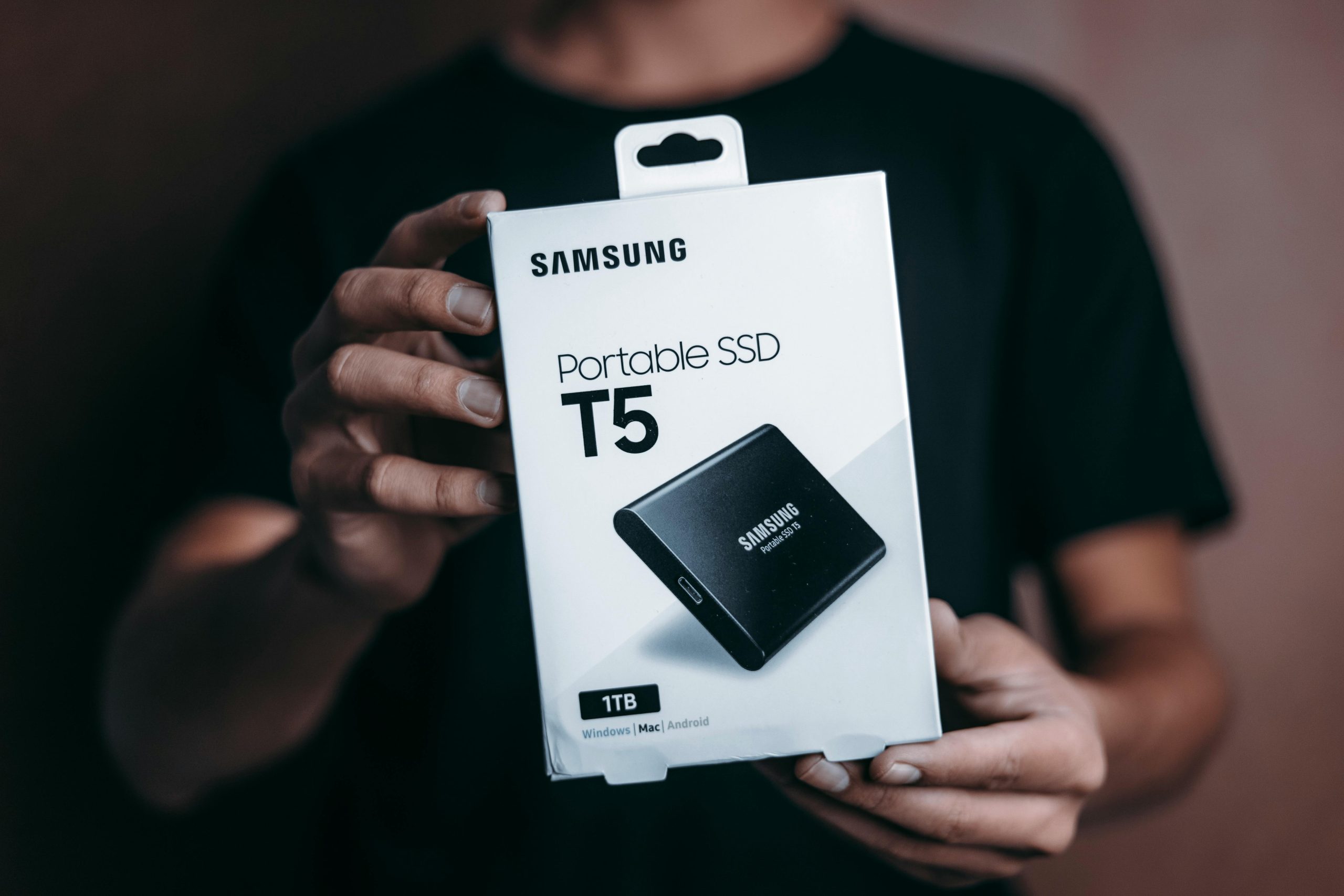Understanding the Sudden Failure of Samsung 980 NVMe SSD: Expert Insights and Potential Recovery Options
In the realm of high-performance storage solutions, NVMe solid-state drives (SSDs) such as the Samsung 980 series are renowned for their speed and reliability. However, even the most robust devices can encounter unexpected failures, leading to critical data loss and operational disruptions. Recently, a user shared their experience with a sudden and complete failure of a Samsung 980 NVMe 1TB SSD (model MZ-V8V1T0), prompting questions about diagnosis, recovery possibilities, and the expertise required in such cases.
The Incident
The user reported that their Samsung 980 NVMe SSD suddenly became non-functional. Upon seeking professional diagnosis, a lab concluded that the drive experienced a controller malfunction, specifically a fault within the translation layer—a crucial component responsible for managing data translation between the host and NAND flash memory.
Key diagnostic findings included:
- Partial initialization of the drive, with only basic parameters accessible
- Inability to access or recover stored data
- Corruption or unreadability of a segment of the controller firmware
Given these issues, the laboratory determined that data recovery was ostensibly unfeasible, citing the absence of documented firmware details and the lack of available repair methods. The technician also suggested that sending the drive to a different lab would likely yield similar results, referencing a perceived uniformity in technical capabilities across recovery centers.
Evaluating Recovery Possibilities
While this account presents a challenging scenario, it raises important questions about the potential pathways for data recovery from NVMe drives suffering controller or firmware failures. In particular, the complexity of SSD architecture means that:
- Firmware corruption, especially if undocumented, significantly complicates recovery
- Controller faults often require specialized, often manufacturer-specific, tools and knowledge
- Successful recovery may depend on the availability of detailed firmware information and hardware expertise
It is worth noting that some data recovery companies and forensic specialists have developed advanced techniques for handling firmware issues, including chip-off scenarios and hardware modification. However, these procedures are complex, costly, and not guaranteed to succeed, especially when proprietary firmware encryption or obfuscation is involved.
Expert Opinions and Recommendations
If facing similar issues, consider the following steps:
-
Consult Multiple Professionals: Different recovery labs may employ varying techniques; obtaining second opinions from specialists with proven success in SSD firmware recovery can be beneficial.
-
Assess Data Value: Weigh the cost and likelihood of recovery efforts against the importance
Share this content:


